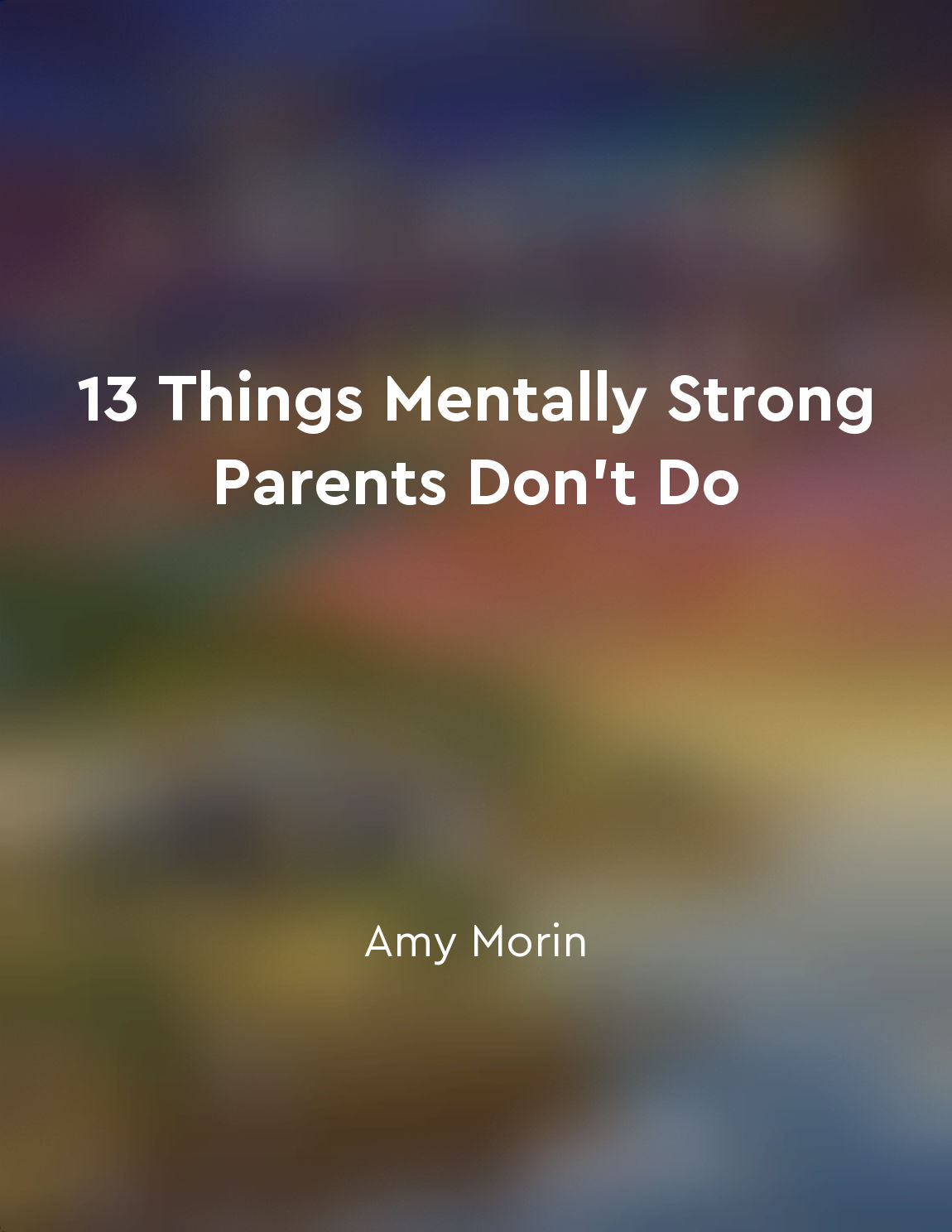Crying, clinginess, and crankiness are signs of progress from "summary" of The Wonder Weeks by Frans X. Plooij,Hetty van de Rijt,Xaviera Plas
During the early years of life, it is common for babies to experience periods of increased fussiness, clinginess, and tears. While these behaviors can be challenging for parents to navigate, they are actually signs of important developmental progress taking place within the child. These difficult periods, often referred to as "stormy phases," can be seen as indicators that the baby is going through a significant leap in their cognitive and emotional development. During these stormy phases, babies are undergoing rapid changes in their understanding of the world around them. They are learning new skills, making connections between objects and events, and developing a more complex understanding of cause and effect. These cognitive leaps can be overwhelming for babies, leading to increased irritability and emotional sensitivity. Crying, clinginess, and crankiness are natural responses to the challenges of these developmental leaps. Babies may become more demanding of attention and comfort from their caregivers as they navigate these new experiences. While it can be exhausting for parents to manage a fussy or clingy baby, it is important to remember that these behaviors are temporary and serve a crucial purpose in the child's growth and development.- Parents can approach them with patience and understanding. Providing a secure and nurturing environment for the baby during these stormy phases can help them feel supported as they navigate the changes happening within them. Ultimately, these difficult periods are an essential part of the baby's journey towards greater awareness and understanding of the world around them.
Similar Posts
Encouraging open communication strengthens family bonds
When family members feel heard and understood, they are more likely to feel connected and bonded to one another. By encouraging...

Practice gentle discipline and positive reinforcement
Gentle discipline and positive reinforcement are essential tools in fostering a strong and loving relationship with your child....

Refrain from Comparing Your Child to Others
When you compare your child to others, you set them up for feelings of inadequacy and insecurity. Whether you're pointing out h...
Help your child process intense emotions through storytelling
When your child is experiencing intense emotions, one way to help them make sense of what they are feeling is to use storytelli...

Put the relationship with your child first
When we talk about putting the relationship with your child first, we are referring to the importance of prioritizing the conne...
Connecting emotionally with your baby
Connecting emotionally with your baby is an essential aspect of parenting that can have a profound impact on your child's devel...

Understanding baby's mental development
Understanding baby's mental development is crucial for parents as it allows them to better comprehend their baby's behavior and...
Setting limits with empathy fosters healthy development
Setting limits with empathy is a crucial component of fostering healthy development in children. When we set limits with empath...

Encourage your baby's natural curiosity and exploration
It is essential to allow your baby to explore their natural curiosity without interference. By providing a safe environment and...

